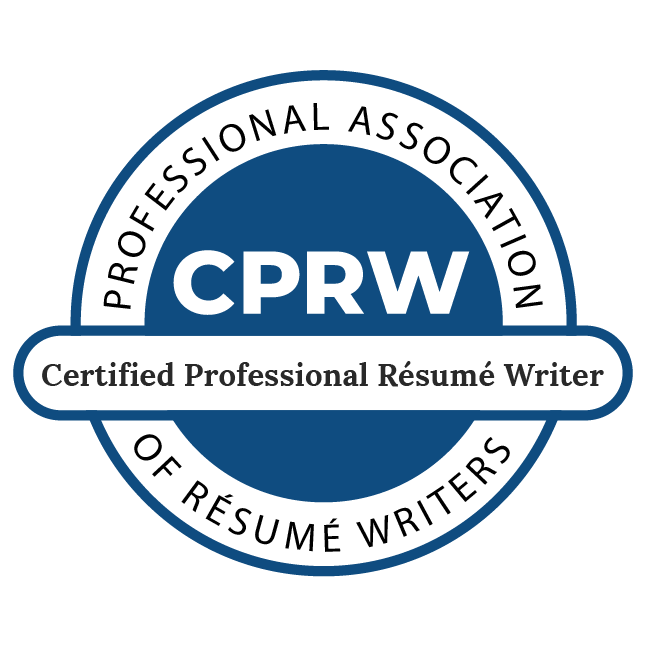Check the news these days and you’re likely to see news of layoffs.
IBM, Spotify, Google, Microsoft, and Amazon all had mass layoffs in the first month of 2023.
The reasons have to do with a combination of factors spanning supply chain, revenue management, and balancing overhiring from 2022.
Whatever the reasons, being the victim of a layoff or reduction in force (RIF) can feel like a huge blow – to your career, to your future plans, and, to your ego.
Here are 4 tips for managing the emotions of a layoff and prepping for your next steps.
1. Manage your internal story
It’s easy to feel that a layoff will be the death of your career progression. But in the past several years, staying at a company for only a couple years at at time has become the norm. And layoffs have become a more common feature of startups and the covid/post-covid economy.
All of this normalizes RIFs, so a layoff no longer has the stigma it once did. Hiring managers understand that companies undergo organizational changes that go beyond the contributions of a single employee. And if you’ve been at a company for two years or more, the layoff may not even come up in interviews.
So if you find your thoughts turning to doom and gloom, reframe the story you’re telling yourself about this setback.
Choose a growth-mindset mantra that you’ll deploy:
“My last job search was a success, and I can do it again.”
“I’m excited to find a new opportunity.”
“I know I have a lot to offer my next employer.”
“This challenge is figureoutable.”
2. Craft a neutral explanation
Prepare a brief, emotionally neutral explanation of your layoff to address questions from friends, acquaintances, and interviewers for your next role.
Hiring teams often ask about layoffs or a short tenure at a company. So be prepared with a straightforward response like:
“The company is undergoing some organizational changes that make it not a great fit for me, anymore.”
“I’m really proud that I got XYZ up and running, and now I’m looking for a better-fit position.”
“I was part of a broad reduction in force.”
Whatever your response, it must:
- Be emotionally neutral and factual, not dramatic or whiny.
- Be brief. No need to get into a long backstory.
- Be prepared in advance. Write out your explanation and practice it ahead of time. That way when it comes up, you won’t be flustered.
- NOT lay blame on yourself, your former company, or anyone else. Criticism, no matter how well-founded, makes you look like a problem rather than a problem-solver.
The more your tone and presentation are neutral and matter-of-fact, the less the incident will feel like a red flag.
“It’s really important to remember that your new job search is all about the future, not the past. You need to have a very short and sweet answer for interviews about your recent layoff, but details aren’t relevant. Something simple like ‘unfortunately, my current employer laid off several employees including me and my team. But it’s made me excited about the future and I’m ready for a new challenge. This position seems like a great fit for my skill set.’ Your future employer needs to know what skills you bring to the table and the value you’ll add to their company. If you own the narrative, distracting questions are less likely to come up.” -Britt Larsen, Executive Career Coach, Livlyhood3. Upgrade your resume
Especially if you left your last company under less-than-ideal circumstances, the stronger your resume is, the more it outweighs any potential concerns a hiring team may have about your layoff.
Not only can a stellar resume convince a hiring team you’re the person for the job, it can also convince YOU. Having your accomplishments and value documented on a great resume gives you a boost of confidence and optimism that can transform your job search. At Upword Resume, our clients frequently talk about the change of perspective that their new resume created.
The best resumes are focused on accomplishments over responsibilities. Think about not just what you did at work, but the value you created, the improvements you made, and the results you generated. Make sure your resume focuses on business outcomes that will convince a hiring team that you can help their business achieve its goals.
For details on how to capture your in-progress projects – the ones you didn’t get to finish before being let go, see these Tips from a Resume Writer.
4. Build an application pipeline
Current metrics show that hiring in the U.S. remains robust, despite increasing layoffs. But the job market is chaotic, and the hiring process is moving more slowly than usual. It’s not uncommon to wait several weeks to get a response from a job application.
That means it’s your job to build a pipeline of job opportunities, from first contact all the way to accepting the final offer.
- Apply to at least 10 jobs per week. You can do 2 applications a day, or batch into one or two intensive job application days each week.
- Easy Apply doesn’t count. For each application, tweak your resume and reach out to the hiring manager. Yes, it’s time intensive, but if a job is worth having, it’s worth investing in a strong application.
- Follow up with the hiring manager. For each application, make contact on LinkedIn or by email. Form a personal connection and ask more details on what they’re looking for in the role as well as what additional information you can provide.
- Keep applying, even when you have good prospects. Even if you’ve interviewed for multiple roles, and even if you’re on the final rounds of interviews…keep your pipeline full. You never know which job will lead to the final offer.
A successful job search is a combination of smart strategy, persistent effort, and managing the emotional rollercoaster.
The good news is: you don’t have to go it alone.
Our ELEVATE package includes the essential career collateral you need to go into a job search with a strong presentation. And our ALTITUDE package includes two sessions of job search strategy coaching to help you succeed through each step of the process.
Have questions? Send us a DM!


